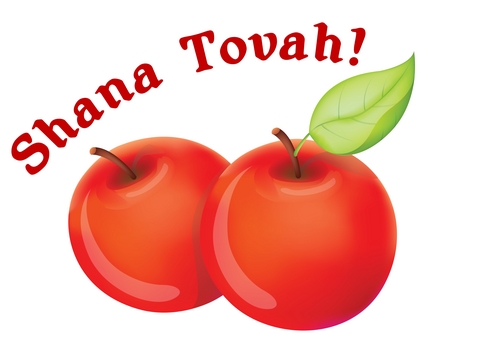At the end of this week’s parsha, we have a very intriguing mitzvah referred to as “eglah arufah,” a term which means “baby calf who is killed at the back of its neck.”
If a corpse is found between two cities and no one knows who the murderer is, the closest town’s elders and judges have to conduct a ceremony involving this death of a baby calf and atone for this seemingly senseless murder. (see Deuteronomy chapter 21 verses 1-9)
The elders and judges, during this ceremony, must say: “Our hands did not spill this blood,” i.e. we didn’t kill him!
Do we really think the city’s best and most pious leaders would have/could have been responsible for this death of a helpless traveler? Isn’t it beneath their dignity to have to say this explicitly? What could this mean?
Our Rabbis, in a midrash, explain that what the leaders mean is that they didn’t even send someone out of their city without an escort to watch over him and without bread forcing him to steal and then be attacked. So this is in no way, at all, their fault!
Do you think it makes sense to equate sending a traveler without a lunch or without an escort with the act of murder? How can that be?! What are the Sages teaching us with this comment?
Answer: Clearly, we are to learn from this midrash that our responsibility for something extends wider than we’d think. Just because we didn’t “technically do it” does not mean we are totally free from any part it! We see from here that we are indeed expected to see beyond the here-and-now and think about the possible outcome of our deeds, because ultimately we will be held responsible for those consequences.
Discuss: Give an example where you didn’t technically do anything, but it was really your responsibility or your fault, because somehow you could have steered the situation differently? How can we remember to look ahead and think through everything we do and say? What have you done recently, that had you thought it through more, you could have or would have done things differently?







Leave A Comment